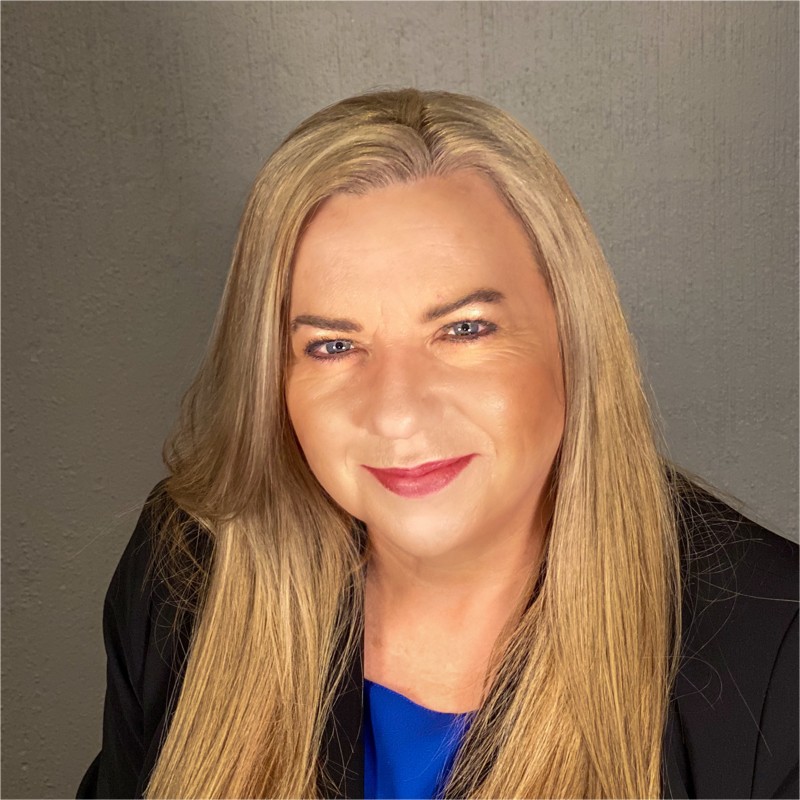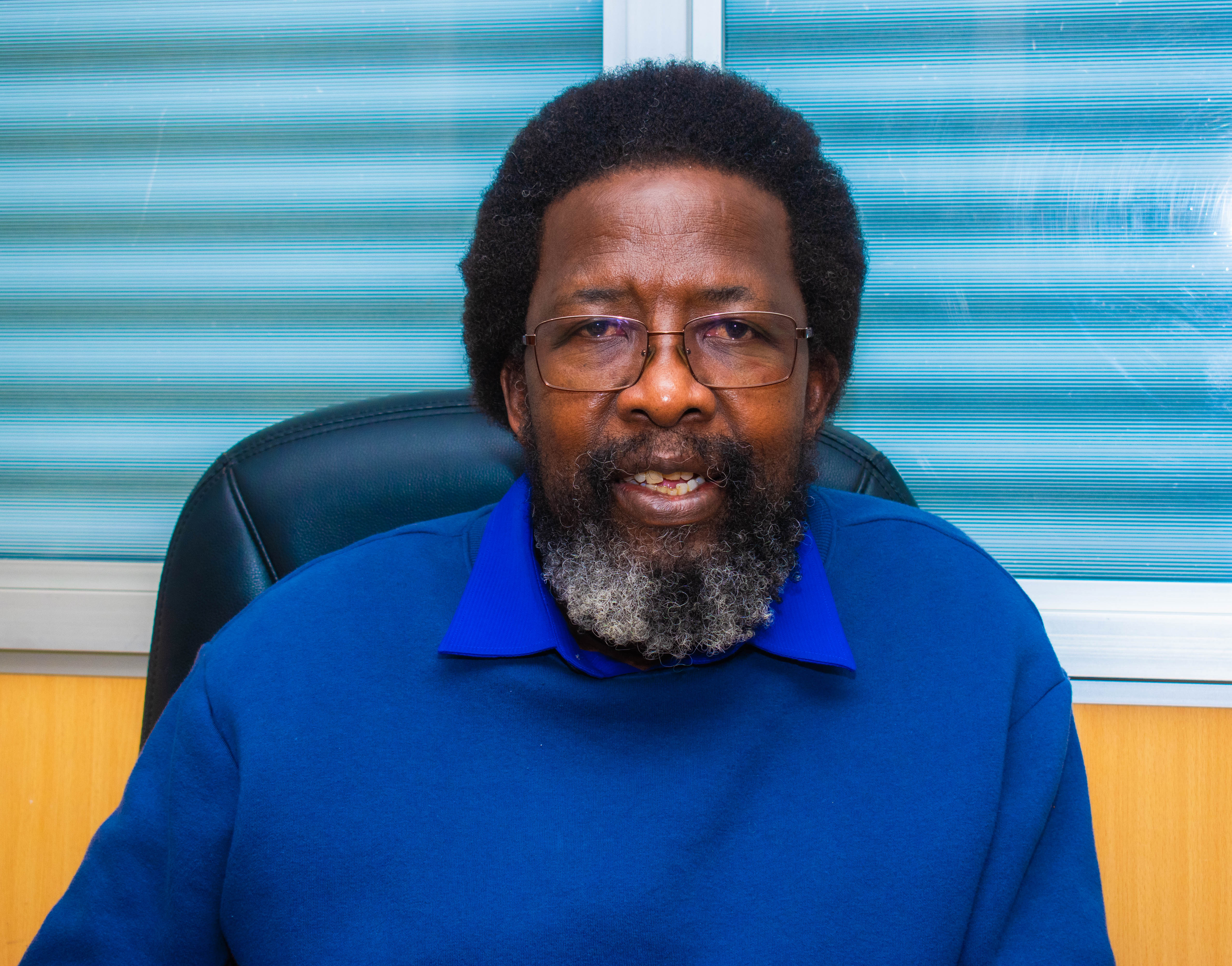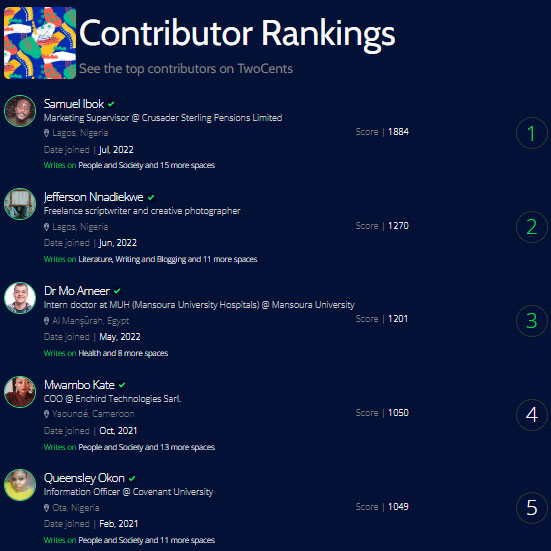This Session has closed
TwoCents
If you could go back to Architecture school, what would you do differently?
TwoCents
Did your architectural practice meet your expectations in architecture school? If no, what are the changes to expect and how can one be better prepared for them?
TwoCents
What can I do to be a better Architect?
TwoCents
There is a lot of software available today in the field of architecture and most of them seem as important, what’s the best criterion in choosing a suitable one?
TwoCents
You appear to be a polymath and yet with a background in Architecture. What’s the role of Architecture in all you do?
TwoCents
If you were to relive your teen years, would you have chosen Architecture as one of your earliest course of study?
TwoCents
How do you work under pressure amidst all the demands for time and all you do from Architecture to Education to Youth Development?
TwoCents
Function and Aesthetic appeal are an Architect’s major consideration in design and both can be quite opposing at times especially with certain clients, how do you balance both?
TwoCents
Tell us about your most successful architectural project, what informed your design process, what are the major lessons you learnt from it?
TwoCents
Do I have to be an artist to be an Architect?
Similar sessions














TwoCents
Networking is an important aspect of the architectural practice; how feasible can this be in today’s fast-paced, busy and sometimes distracted world?
TwoCents
Architecture is pretty broad and wide; how do you carve a niche for yourself and stay relevant?
TwoCents
Beyond the technical core skills required to be an Architect, what other life skills can make an Architect exceptional?


 1813
1813
 4
4
















 Share this session
Share this session






 Lagos, Nigeria
Lagos, Nigeria









































Comments